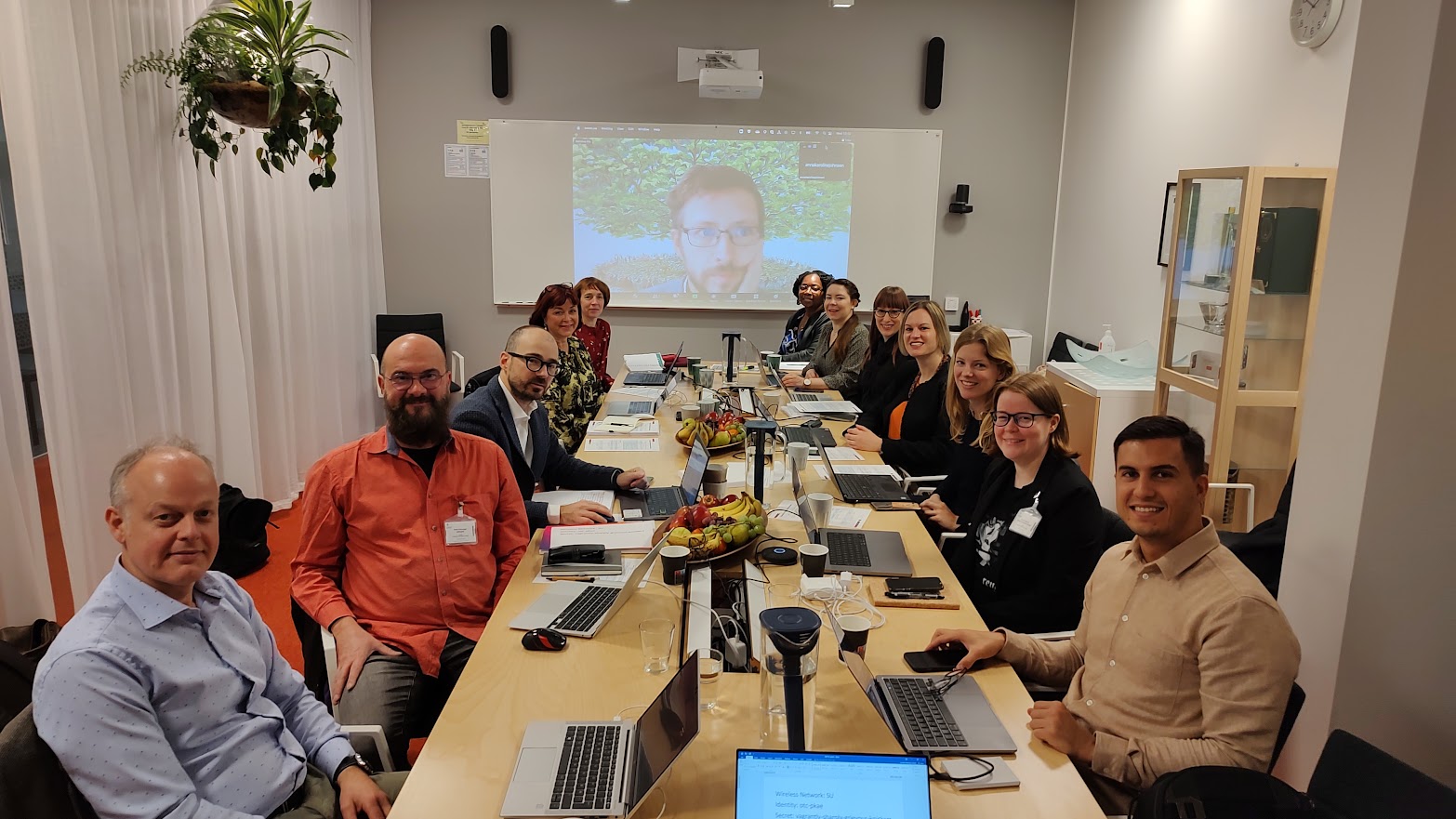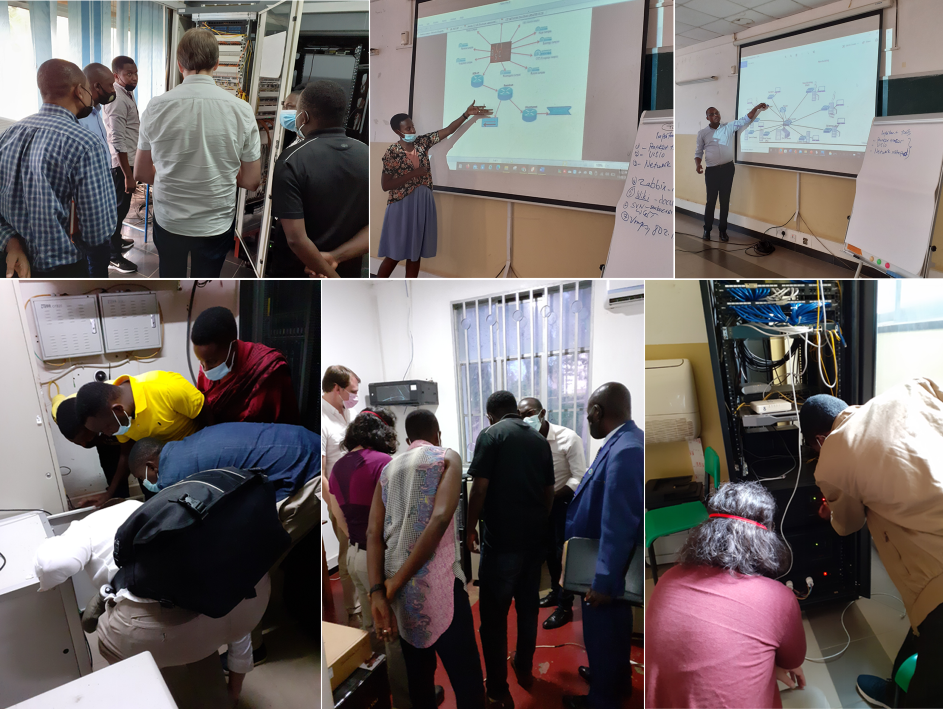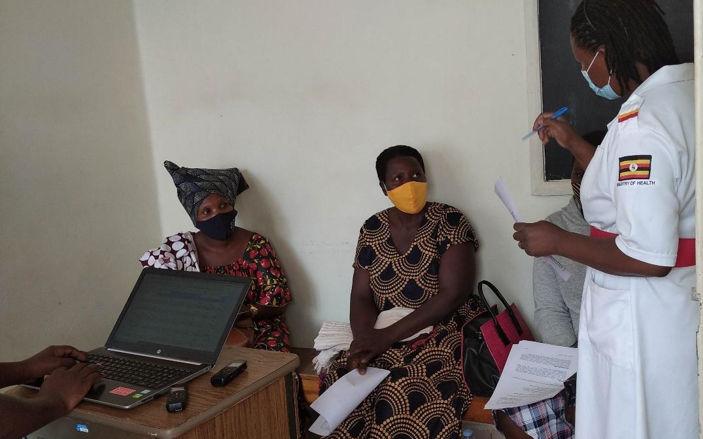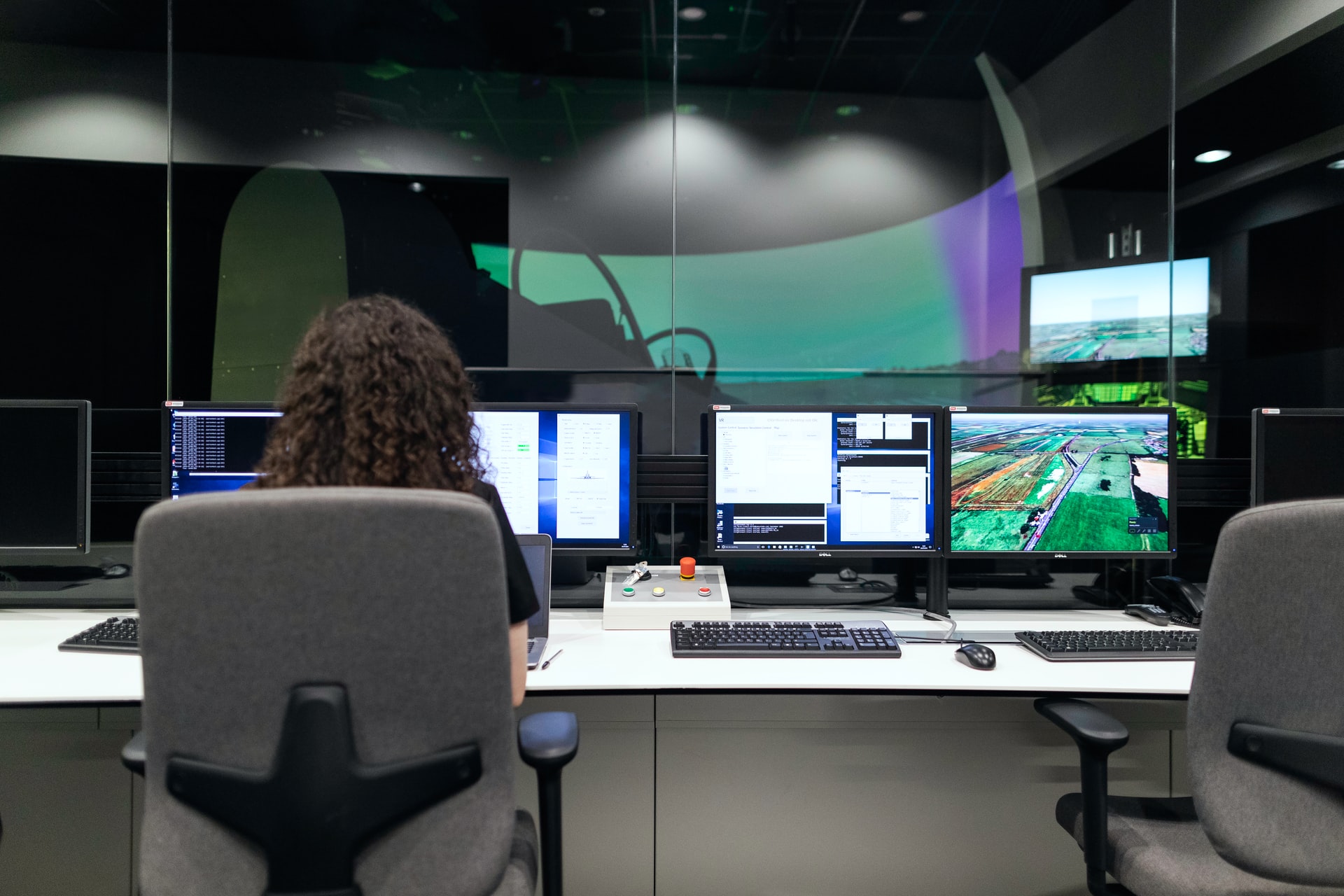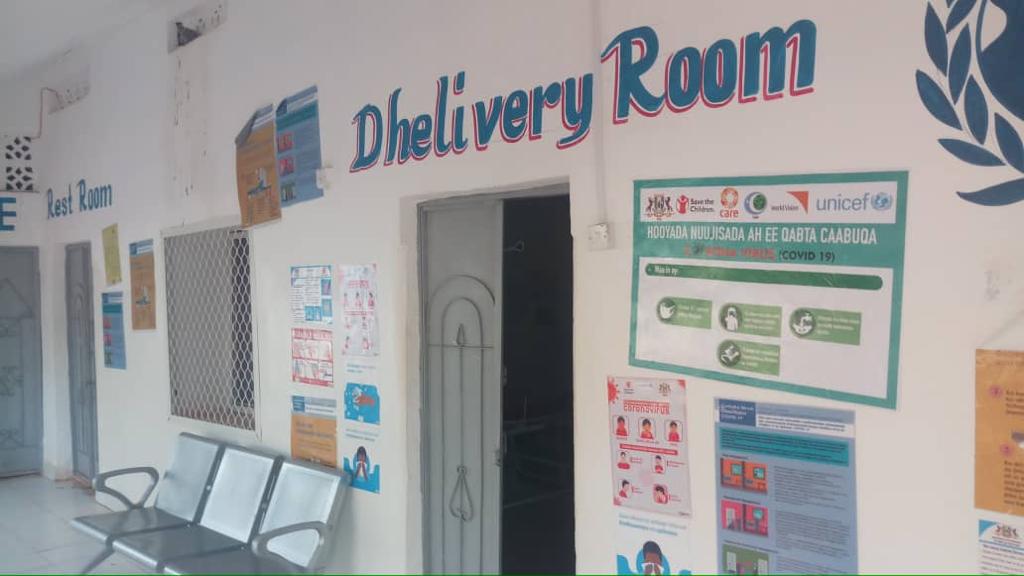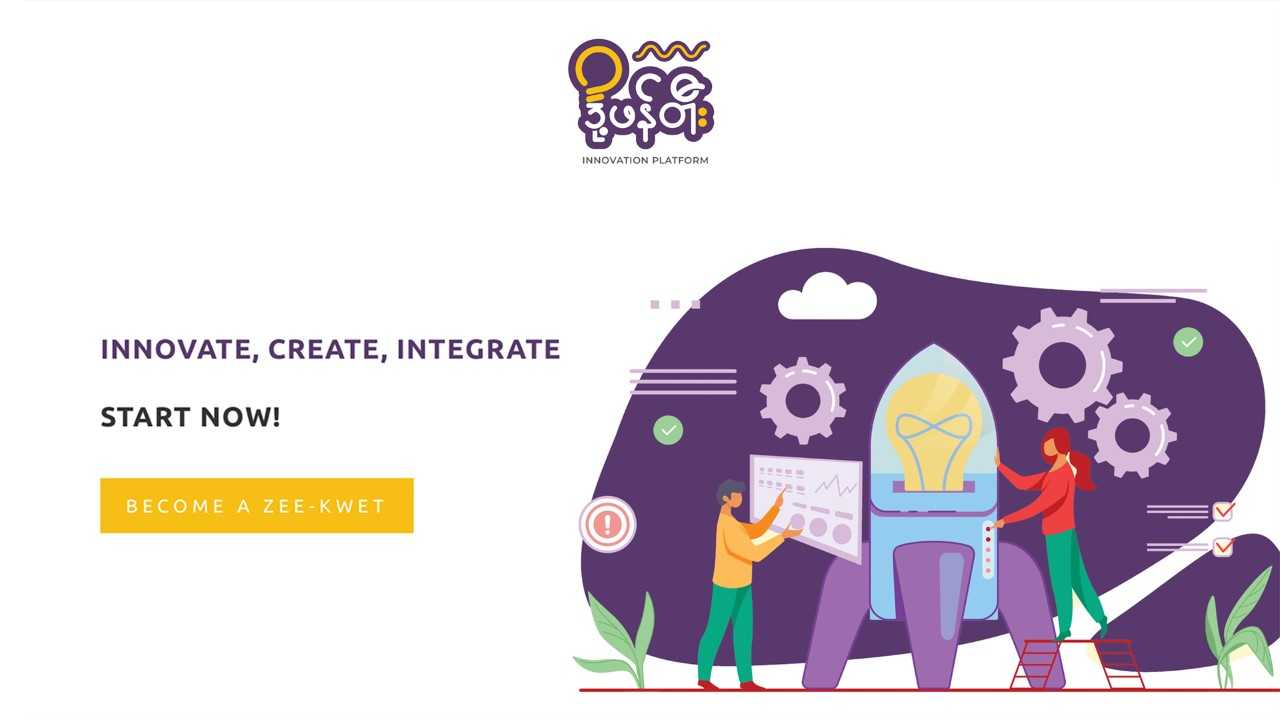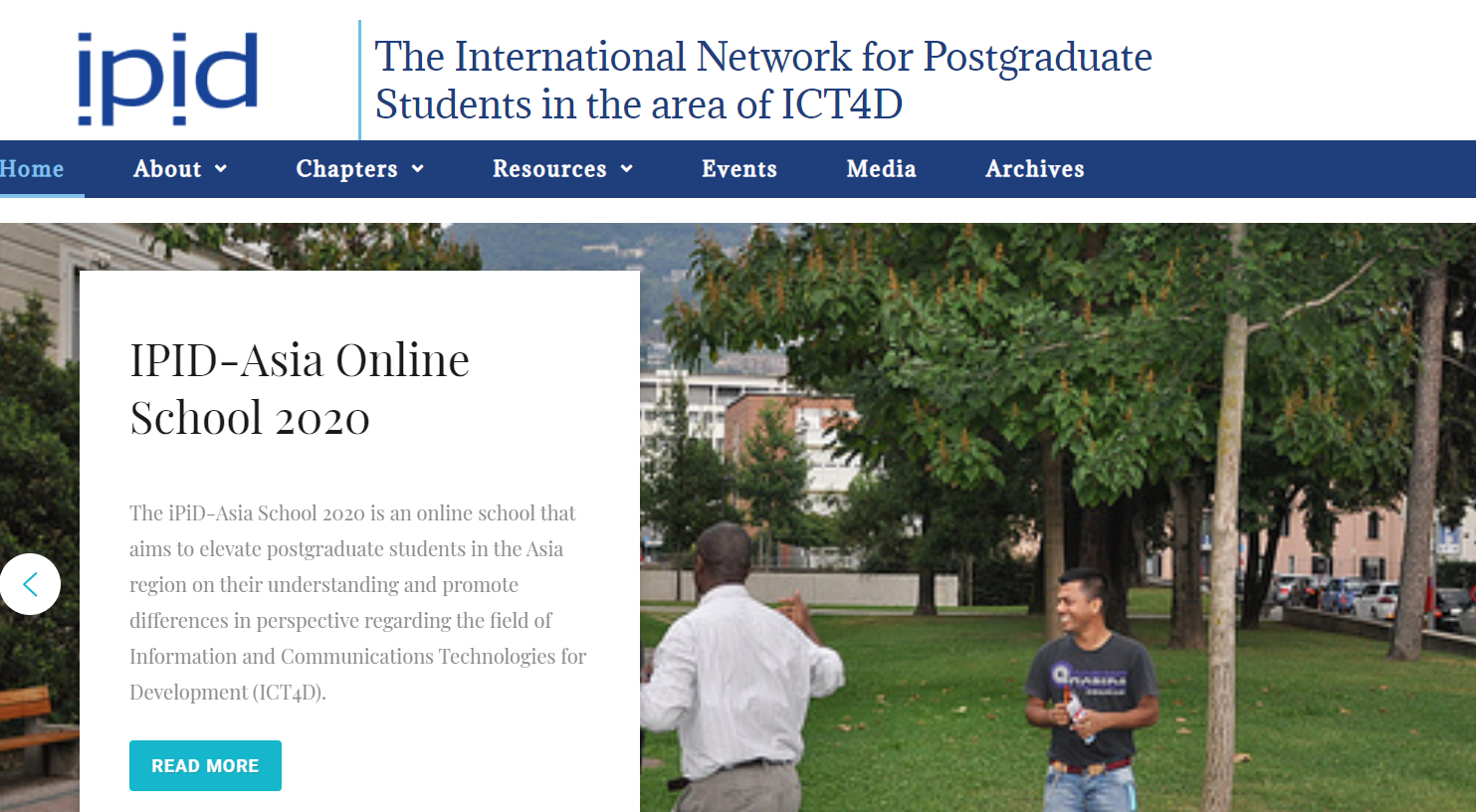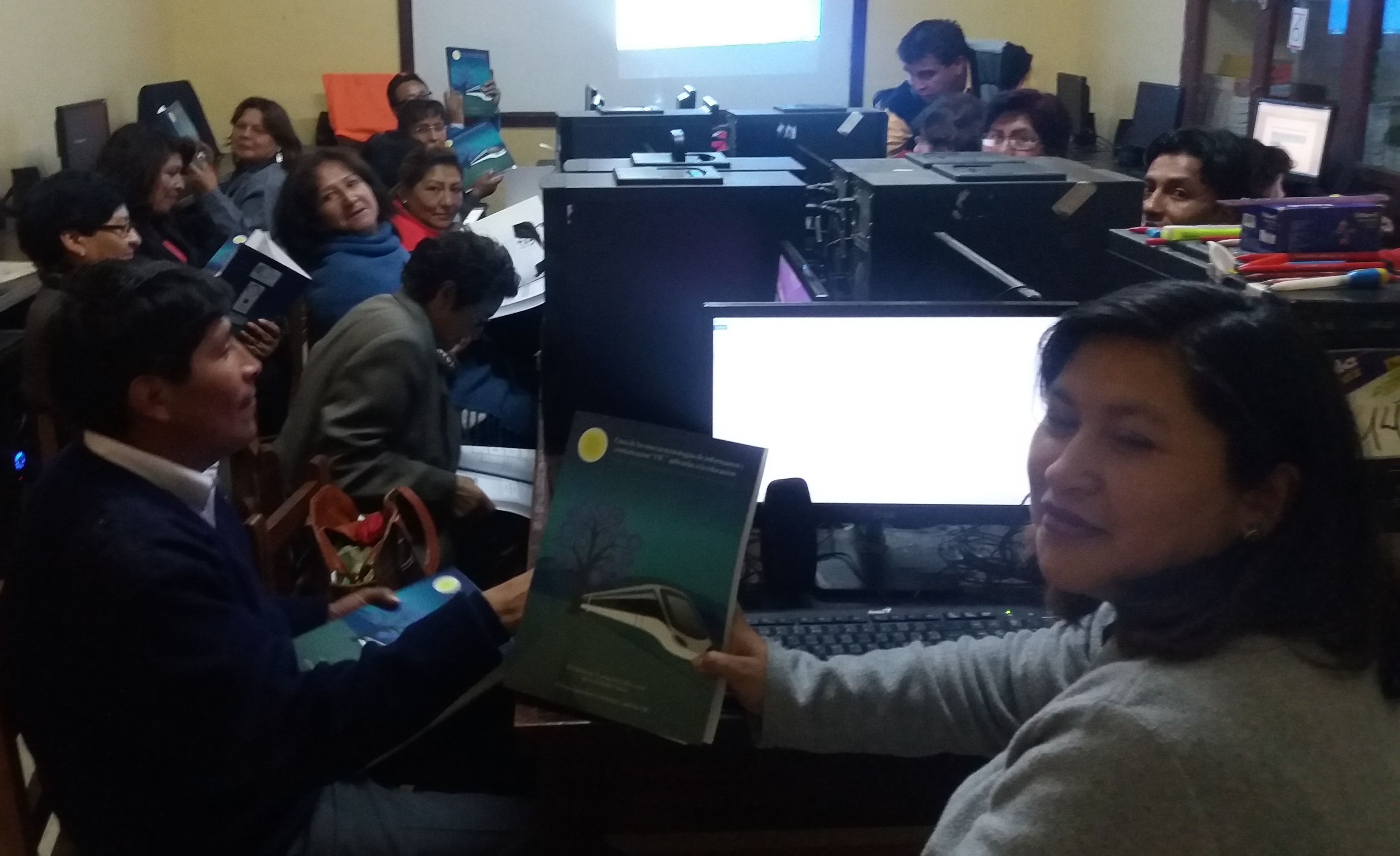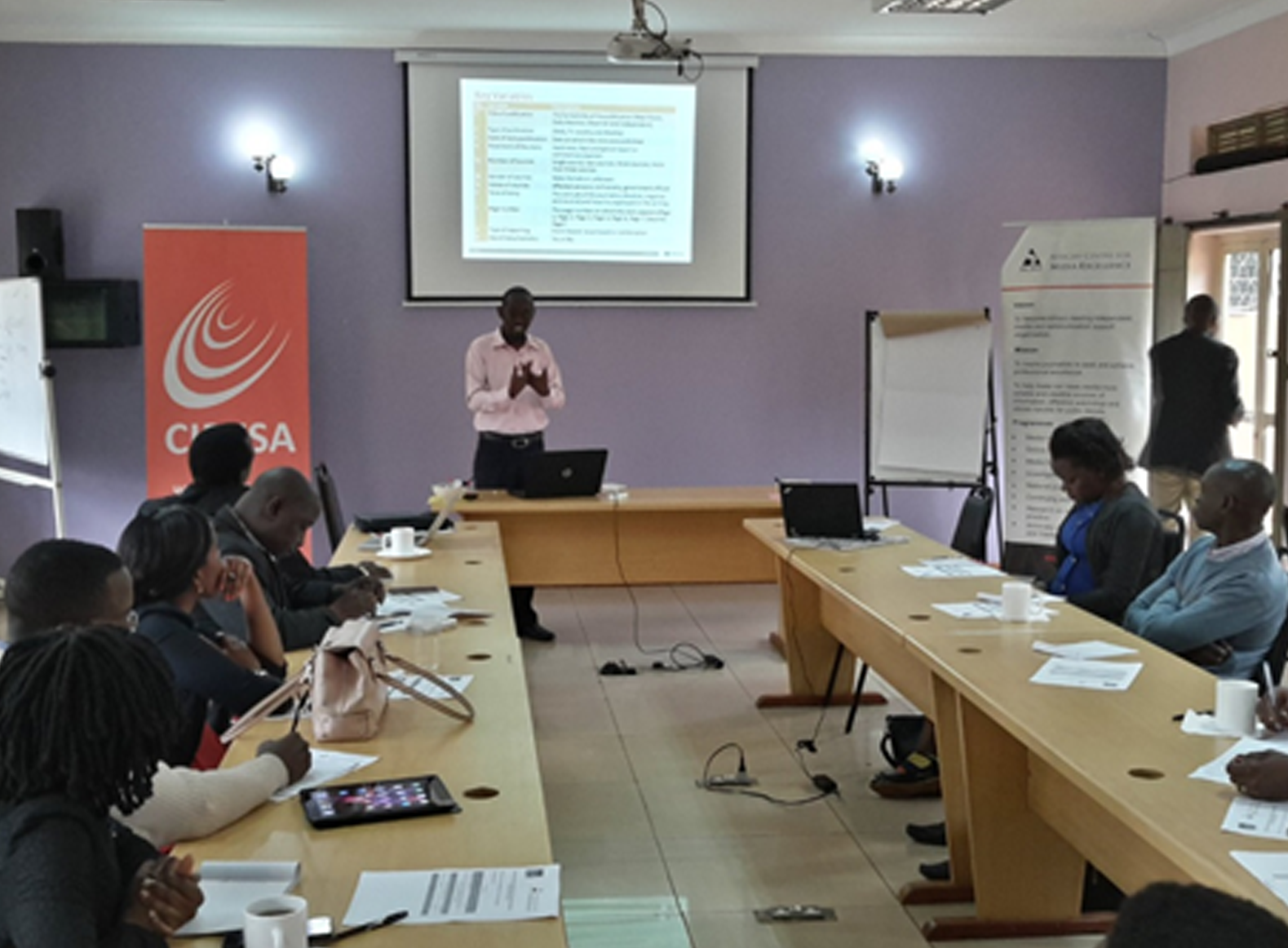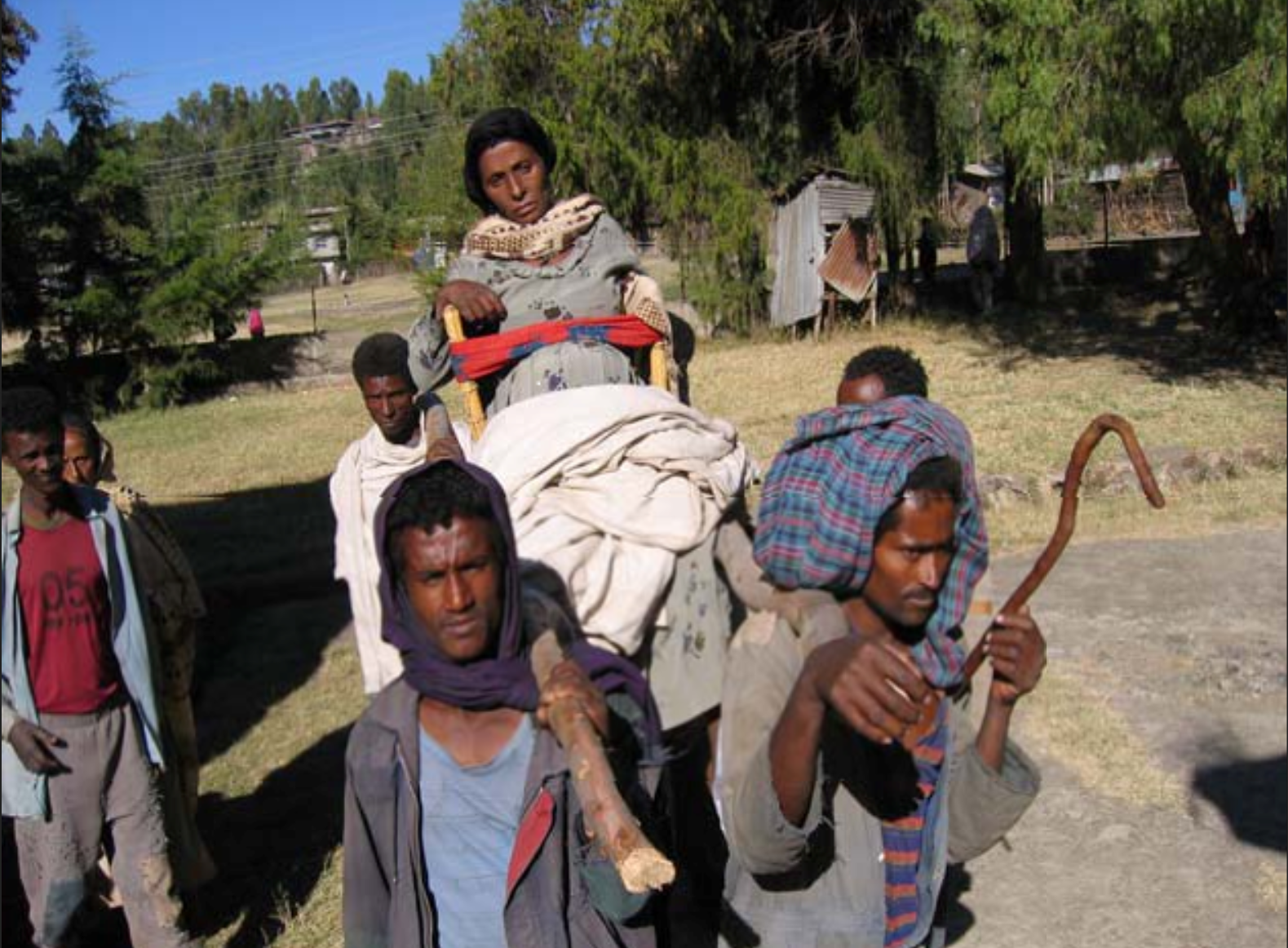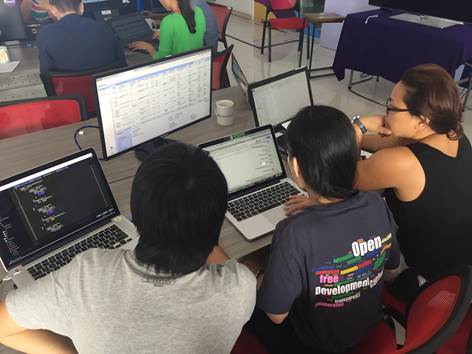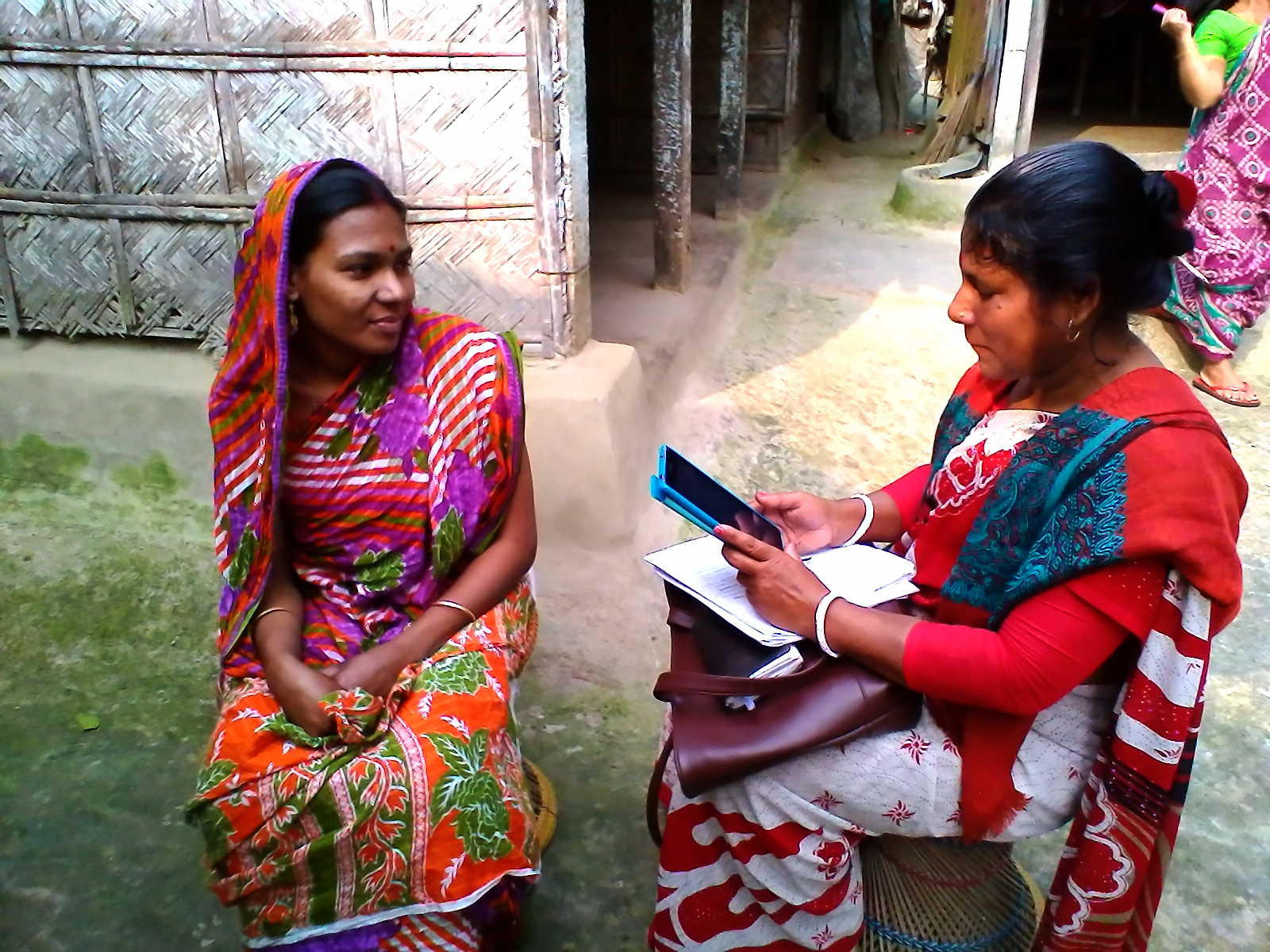SPIDER Project Result Follow-up
Results follow up on projects supported by SPIDERWhat this also means is that monitoring and evaluating the project takes place during and after the project life-cycle. An integrated research approach entails baseline studies and needs assessments of the target groups that will benefit from the initiative.
Results from the baseline and needs assessment serve as bench marks for evaluating the impact of the initiative through the project life-cycle and beyond. Researchers and/or Monitoring and Evaluation experts from partner countries are commissioned to carry out the results follow up.
Results from projects
Click on the images for full storySPIDER Research Bulletin
Subscribe to the SPIDER Research Bulletin to get the most recent result follow-up updates, news from the other parts of the SPIDER research programme, information on upcoming ICT4D research events and publications. The bulletin is sent 3-4 times per year.
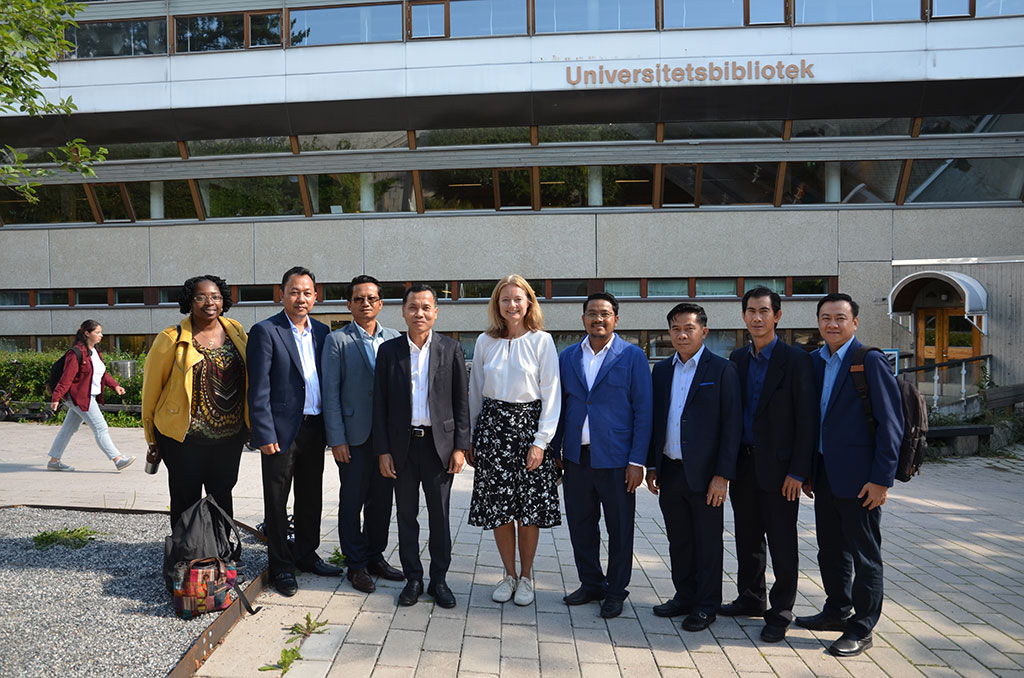
RUPP study visit to Sweden
A delegation from Cambodia’s oldest and largest university came to Sweden for a study visit to see learn more about the role of ICT and how it contributes to the overall goals of Swedish universities.
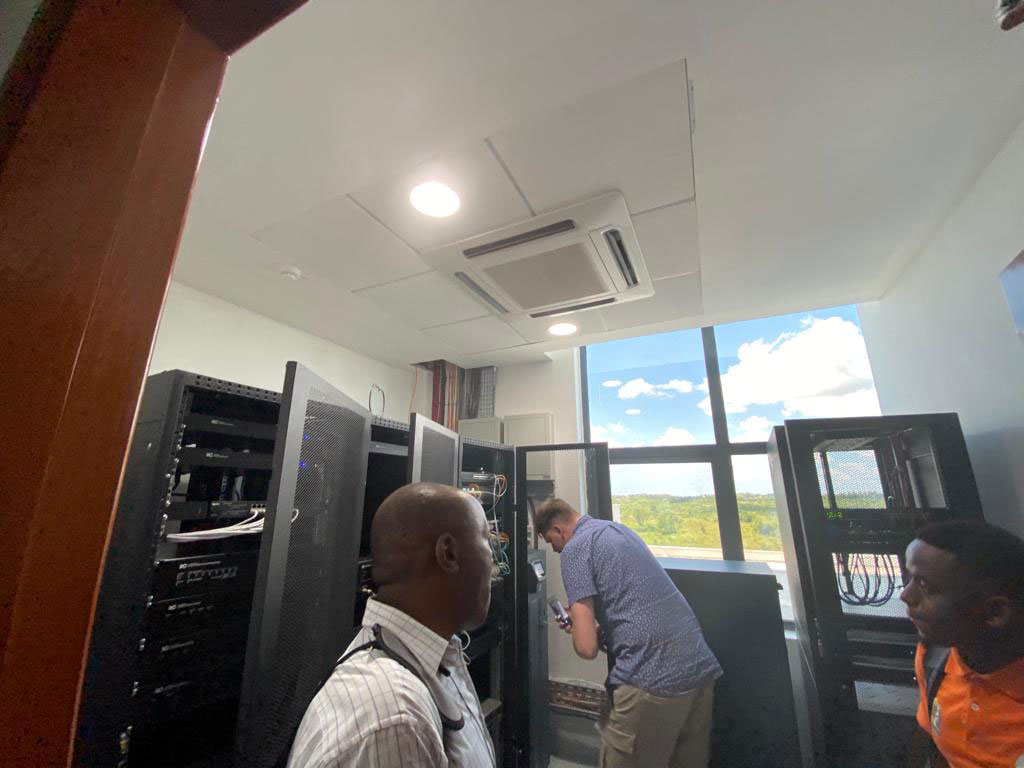
MUHAS revisit to review ICT systems
Five years after the ICT systems audit, IT departments of MUHAS and DSV/SU reviewed the IT systems catalogue to ensure that MUHAS staff and students get the most out of their systems.
Half-time review of EQUALS-EU
Workpackage leaders and reviewers from the European Commission came to Kista, where SPIDER and DSV hosted the mid-term review of the EQUALS-EU project. SPIDER has lead the research workpackage that has investigated the current state of gender equality and existing networks in the innovation sphere in 22 countries within and outside the European Union.
Support to ICT Development at University of Rwanda
A joint team from SPIDER, DSV and the University of Rwanda carried out an ICT audit of the existing infrastructure and ICT policies at the University of Rwanda in November 2021.
Cervical cancer screening in Uganda
Spider has supported the use of telehealth for cervical cancer screening and care in Uganda since 2018. The project has scaled from two to five sites, giving access to better screening for cervical cancer in rural areas and quicker expert feedback to satellite clinics.
EQUALS-EU researching gender equality in social innovation
EQUALS-EU brings a fresh perspective on the extent to which the products being delivered to society as well as the processes involved in getting to these innovations are gender balanced.
SPIDER’s role is to collect data to understand the extent of engagement with gender in innovation processes and products.
Assessing ICT readiness in Somali maternal health care
In the HADDA project, SPIDER supports the development a cohesive digital health information system in Somalia. Here we report some of the findings from the assessments made by our partners to evaluate existing equipment and skill levels to know what is needed for the next step of the project to support a unified HMIS.
Open Data competitions in Myanmar
This article presents the results from the project implemented by Phandeeyar to using open data to support the election process. Activities took place in 2020, and the military coup in February 2021 has drastically changed life in Myanmar.
SPIDER follows the situation closely and hope all our partners are safe.
Using Open Data to Support Budget transparency at District Level
The Open Development Cambodia project has mapped several social services over the course of the partnership with SPIDER.
This time the focus is ot support budget transparency at district level using open data to support the Community Accountability Facilitators already in place in Cambodian districts.
News from ipid chapters
A brand new digital home and one more regional chapter launched. The network for post-graduate students in the area of ICT4D has kept busy despite the challenges because of the Covid-19 pandemic.
Updates from the chapters in Asia, Southern Africa and East Africa
Teacher training in Bolivia even more important in times of COVID-19
SPIDER’s education programme has supported Bolivian organisations doing teacher training in how to use ICTs when teaching since 2013. These skills proved even more important to ensure that education can continue even when COVID-19 lockdowns closed Bolivian schools.
How a HMIS affects the Quality of Care
CCBRT introduced a HMIS to help manage their clinic, reach out to patients and handle referrals.
Result follow-up made a baseline assessment on system use and its effect on quality of care, what the challenges were and lessons to be learnt from CCBRT’s experiences.
Telehealth for Cervical Cancer Screening
Mobile colposcopes can bring screening for cervical cancer closer to women in rural areas, make second opinions and referrals quicker and easier.
What did staff and patients think of this new approach to screening?
Digital Vouchers for Contraceptives
The Maisha Meds software gives adolescents access to subsidised contraceptives through digital payments at selected pharmacies.
Result follow-up sought to understand what made adolescents return to some pharmacies and not others.
Adolescent girls in Rohingya refugee camps
mPower used mobiles for SRHR information to adolescent Rohingya girls in the refugee camps. This was challenging
Results follow-up studied their situation and awareness of SRHR topics before, during and at the end of the project.
Building Capacity of Children and Women Headed-households
Ndola Nutrition organisation’s project used ICTs to train participants in chicken rearing and to improve the soy bean farming as means to better sustain themselves and their families.
The result follow up studied the challenges faced by children and female headed households and how the capacity building would impact their lives.
iRebero Smart Community: Driving Employability and Self-Sufficiency through an ICT Ecosystem Model
Sangwa job training centre uses a comprehensive value chain that ranges from feed production to marketing to form a community that is self-sufficient in the production of pork.
The result follow contributed with baselines and a five year business plan for sustainablity.
Digital Health Information and Services in Rwanda
Babyl Rwanda and Viamo provides health information and services through mobile phones.
The research supporting implementation researched how the service is used and what the users think of the solution.
E-Learning and Multimedia Technology for Mathematics and Basic Health education in Nakivale Refugee Camp
This project implemented by Mbarara University of Science and Technology works with an e-learning solution for teachers and pupils in Nakivale refugee settlement.
Researchers made a baseline study to investigate the learning enviroments in the settlement’s six schools as well as the overall situation for pupils.
Mathematics and Language through the use of ICT
World Vision Bolivia has trained teachers in three schools in Potosí to use ICT for language and mathematic education in primary schools.
Researchers following the implementation has studied what both teachers and pupils think of using ICTs in the classrooms, and found some suggestions for improvements.
Open Data to Monitor SDGs in the Lower Mekong Region
Open Development Mekong collects data to track and follow up 5 of the SDG goals in the Mekong region.
The research supporting this implementation has identified various risks and mitigation strategies associated with working with open data within each country as well as a collaborating region.
Digital African Health Library
Clinicians in most parts of Africa operate in an information poor and resource constrained environment. Digital African Health Library uses smart phones to bridge this gap.
Researchers investigated how increased access to decision support changes practices and what types of resources are mostly used.
iReady projects in Burundi and Mozambique
The iReady projects focus on young persons living with or affected by HIV and Aids in Burundi and Mozambique.
SPIDER research programme has made baseline studies to inform the projects on the information needs of project participants and what services they prefer to access information about their rights.
Media for Transparency and Accountability in Uganda
The media plays several integral roles in achieving transparency and accountability in the private and public sectors. Media reports allow citizens to gain more access to information and to follow on-going discussions in the public corridors.
Mobile Health for Improved Maternal and Child Health Services Utilisation
Maternal health is about ensuring the wellbeing of mothers during pregnancy, delivery and two months following delivery. SPIDER is supporting a project called “Mobile Health for Improved Maternal and Child Health Services Utilisation” that is implemented by AMREF Ethiopia.
Open Development Myanmar (ODMM)
SPIDER has been supporting a project called Open Development Myanmar (ODMM) which is implemented by Phandeeyar – a technology community hub designed to support social innovation, civic technology and ICT for development in Myanmar.
mCare Project
The mCare project, implemented by mPower Social Enterprises Ltd aims to reduce maternal mortality and child mortality which results from untimely and insufficient antenatal and postnatal care (ANC and PNC) of pregnant mothers in rural areas of Bangladesh.
e-Participation in Kenya and Uganda
Implementing Open Access Policies
Let's Learn to Teach using ICT -Capacity Building Teachers
ICT4D Incubator Work: InSTEDD and KAPE
Digitalising Uganda Sign Language
Women's socio-economic empowerment and ICTs
Improving literacy and numeracy skills among refugee children
The baseline study team have investigated literacy and numeracy skills among pupils in first and second grade to be able to measure improvement throughout the project.
Open Development Cambodia
The platform has information on a wide range of topics: from information about land concessions to maps showing where public services are located and infographics showing how Cambodians can access these public services.

